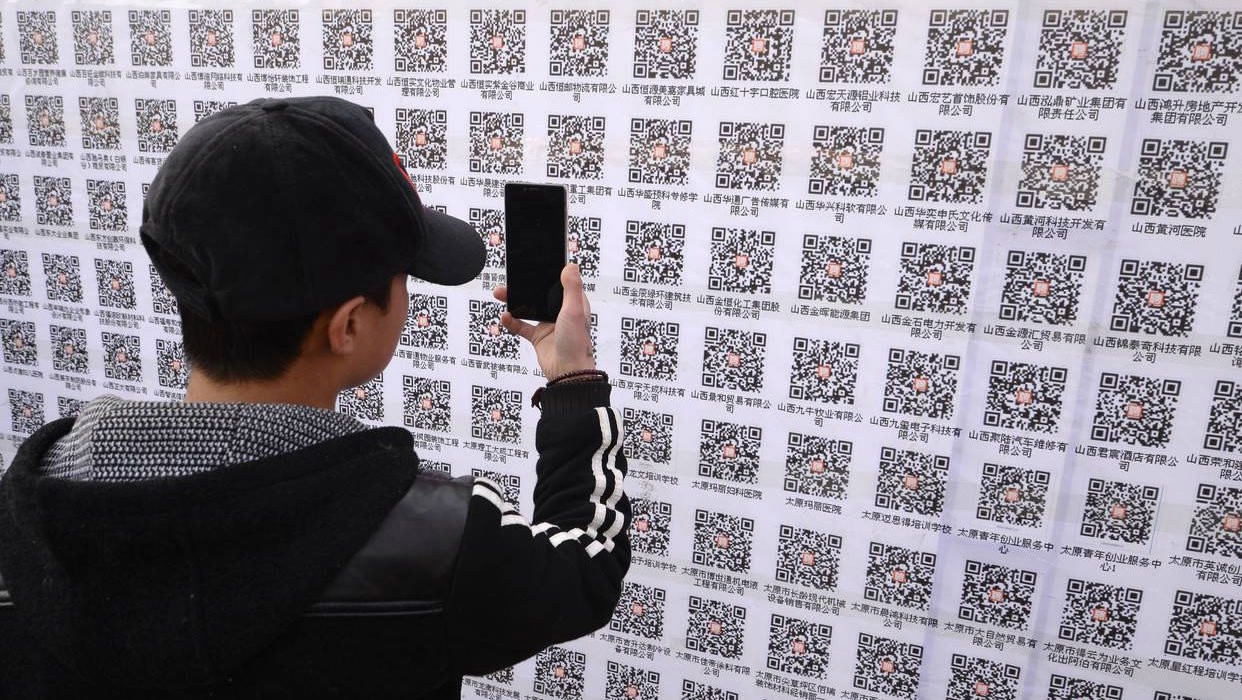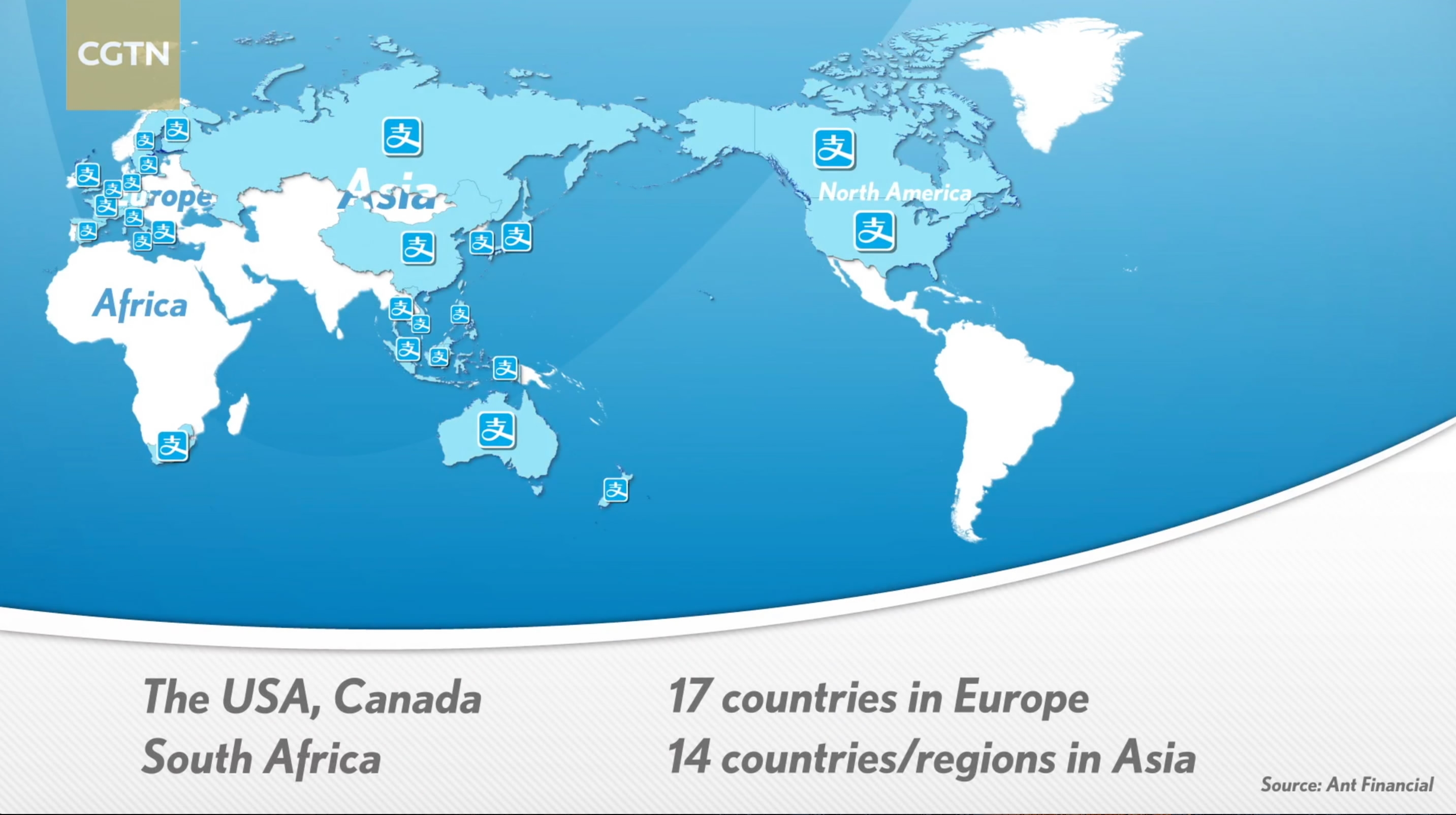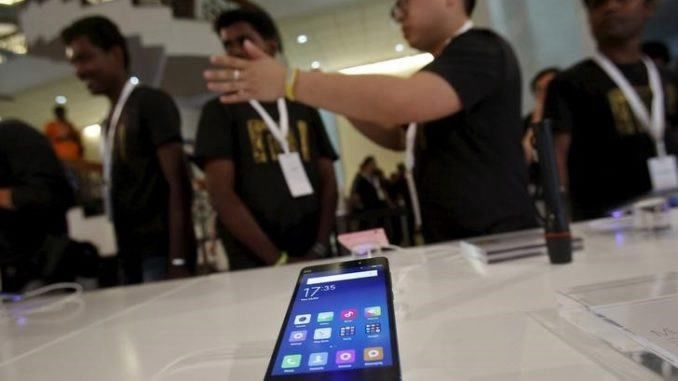
Business
12:14, 03-Nov-2017
Individual firms building 'Brand China'
CGTN's April Ma and Jiang Yuting

Unlike nations such as India, Dubai, and New Zealand which seek to promote their nation as a unified brand at the central level, either through marketing campaigns or tourist boards, it is the actions of individual Chinese companies going global that is providing the knock-on effect on how the world perceives the nation.
"The story that gets under-told in China has changed—it is an incredibly optimistic country with a dynamic economy and astonishing use of technology," said marketing guru Paul Rossi, president of the Economist Group Media Business, "but people outside don’t necessarily think of that primarily, when they think about China."

China's economic growth in increasingly riding on technological innovation, as the government stresses quality over speed./ Reuters Photo
China's economic growth in increasingly riding on technological innovation, as the government stresses quality over speed./ Reuters Photo
However, firms like Huawei, Tencent and Sinopec are conveying those qualities and more as they try to appeal to and gain the trust of consumers, investors and partners overseas.
Rossi takes QR codes as an example, used by street vendors and global franchises alike, which have become woven into the fabric of modern transactions and serve as the catalyst in today’s digital payment boom.

QR codes have become ubiquitous in China, where they are used for everything from purchasing items large and small to disclosing employer information at a job fair, as this man hunts for a job./ Reuters Photo.
QR codes have become ubiquitous in China, where they are used for everything from purchasing items large and small to disclosing employer information at a job fair, as this man hunts for a job./ Reuters Photo.
Tencent and Alibaba, two tech giants using these barcodes that make cashless payments as simple as placing your phone over a cluster of black and white squares, have taken the lion’s share of the mobile payment services in China. They are advancing outside the nation’s borders, introducing to countries from Denmark to South Africa.
The pair came is as the two most significant Chinese brands in the 2017, according to the Brand Z report which ranks the most valuable brands across the globe. China took a total of 13 places on the recent list, with private tech companies alongside state owned banks such as China Construction Bank and energy giants like Sinopec.
The economic powerhouse has naturally spent years on top of the "Global Challengers report", an annual list by the Boston Consulting Group, which complies 100 emerging market companies that are significantly changing the world. 29 Chinese firms were included in last years list.

China is ahead of the rest in areas such as mobile payment, with companies such as Alibaba affiliate Ant Financial leading tread overseas. / CGTN.
China is ahead of the rest in areas such as mobile payment, with companies such as Alibaba affiliate Ant Financial leading tread overseas. / CGTN.
The evident shift is that China’s "global challengers" are appealing to the consumer needs of the middle class and increasingly contending in non-industrial sectors, which makes branding even more vital in their success.
Despite the progress that has been made by companies putting their names on the map, the exact story line that many are trying to convey remains murky, says Rossi.

Chinese phone makers such as Xiaomi and Huawei are aggressively vying for greater portions of emerging markets like India./ Reuters photo.
Chinese phone makers such as Xiaomi and Huawei are aggressively vying for greater portions of emerging markets like India./ Reuters photo.
"There is some vague awareness of them but in the outside world, people don’t really know how they are different what their competitive advantages are ---that story telling is part of what we’re doing with companies here.”

SITEMAP
Copyright © 2018 CGTN. Beijing ICP prepared NO.16065310-3
Copyright © 2018 CGTN. Beijing ICP prepared NO.16065310-3